PRESERVING A MILITARY LEGACY FOR FUTURE GENERATIONS
The following Reflections represents LCDR Curtis Smothers’s legacy of his military service from 1962 to 1986. If you are a Veteran, consider preserving a record of your own military service, including your memories and photographs, on Togetherweserved.com (TWS), the leading archive of living military history. The following Service Reflections is an easy-to-complete self-interview, located on your TWS Military Service Page, which enables you to remember key people and events from your military service and the impact they made on your life. Start recording your own Military Memories HERE.
Please describe who or what influenced your decision to join the Navy.

In 1962, I was 19 years old, at loose ends in my life, and facing the draft. I didn’t relish infantry duty in Vietnam, so I decided to enlist in the Navy. As a Midwestern boy, I had only seen the ocean a couple of times, and when the recruiter told me I was to be sent to San Diego for boot camp, I was excited. I told the recruiter that I didn’t want to go to the Great Lakes training center in the winter. I was in luck because RTC San Diego was accepting new drafts of recruits.
As far as who influenced me to join, I’d have to say that my two uncles on my mother’s side were both Navy men and one (my Uncle Richard Fenton, shown below) even served on the battleship USS MISSOURI.
And I guess there was the fact that I was the oldest of 8 children, and we were all jammed into this small rental home where I was sleeping on a mattress. On the back porch. 🙂
It could be argued that I was enticed to join under false promises. I wanted to be a Navy journalist, and the recruiter glibly told me, “Great! Just apply for the school when you get to boot camp.” When I got to boot camp, the career counselor told me that the school was full.
Lesson learned: Get your promises in writing before joining up.
Whether you were in the service for several years or as a career, please describe the direction or path you took. What was your reason for leaving?

Because I was a fast typist, my career path was toward becoming a Navy Yeoman. On my third day of Bootcamp, my company commander announced that anyone who could type should report to the battalion office and audition for Batallion Yeoman. Violating the “rule” against volunteering, I went anyway and rapidly typed, “Now is the time for all good men to come to the aid of their country,” and got the job as one of the three battalion yeomen.
I spent nine weeks of recruit training doing office and messenger duty while everyone else marched and drilled. I did have to go to firefighting and ship’s DC training, though, and I figured there was a great future in office work. After a year’s tour of shore duty at the Naval Station Norfolk’s Personnel Office, I eventually got a slot in Yeoman “A” school, which placed me on the path to my subsequent promotions to Warrant Officer and LDO in a variety of administrative posts around the world with the Navy.
I left the Navy, retiring after 24 years and six months. I decided it was time for me to leave while there was still time for a second career–where I could spend most of my time at home. During my years in the Navy, I spent an aggregate total of 7 years separated from my family.
If you participated in any military operations, including combat, humanitarian and peacekeeping operations, please describe those which made a lasting impact on you and, if life-changing, in what way?

The majority of my naval sea service was in the European theater during the Cold War era. I like to think that soldiers and sailors of my generation were responsible for the demise of communism and its threat to freedom. My last tour at sea was on the USS Coral Sea, as the ship’s company during a round-the-world cruise changing its homeport from San Francisco to Norfolk.
Did you encounter any situation during your military service when you believed there was a possibility you might not survive? If so, please describe what happened and what was the outcome.

I was fortunate in that I never found myself in a situation where my life was in actual danger. Most of my sea service was on carriers, which are floating cities. Unless you work on the flight deck or in the engine room–I did office work and ran a first-deck repair locker during GQ–you don’t usually face imminent danger. Of course, fire and flooding are always dangers. As we used to joke: well, maybe the flooding will put the fire out.
Of all your duty stations or assignments, which one do you have fondest memories of and why? Which was your least favorite?

My most satisfying tours of duty were as Officer in Charge of the Personnel Support Detachment in Lemoore, California, and Admin Department Head on the USS Coral Sea.
At PSD Lemoore, I led 40 great sailors and dedicated civilian employees in setting up a consolidated pay and personnel administration office for the Naval Air Station at Lemoore.
On board the Coral Sea, I had a successful tour on an older carrier in a position of great responsibility. I was the equivalent of a city manager and ran everything from law enforcement, postal, and printing services to personnel administration. I also led the Repair 3 Damage Control Party, where we came in first during the workups for refresher training. The ship won the Battle “E,” DC, and Golden Anchor awards.
My least favorite duty station was as a Lieutenant aboard the USS Holland (AS-32) in Holy Loch, Scotland. The weather in Scotland was cold and wet, and the job of keeping the FBM boats fixed, ready, and provisioned was thankless and arduous. But the tour had its moments, especially during those rare times when the sun came out, and Scotland became a virtual paradise. I also earned a Navy Commendation Medal, two Battle “E” ribbons, and a Navy Unit Commendation. The ship also earned two Golden Anchor awards.
From your entire military service, describe any memories you still reflect back on to this day.

My most cherished personal memories are the good friends I made during times of stress and arduous duty at sea. Shipmates are literally “in the same boat” when facing the challenges of keeping the ship running smoothly and safely.
I suppose my best memories are from my first tour as a warrant officer on the USS Forrestal (CV-59). We had our own mess and berthing area, and my fellow warrant officers were truly a professional and fun group of colleagues.
What professional achievements are you most proud of from your military career?

I am most proud of my accomplishments, which were officially recognized by the following awards:
Navy Achievement Medal as a YN1 for helping with the commissioning of Helicopter Antisubmarine Squadron 7.
Navy Achievement Medal (second award) as a Lieutenant for establishing the new Personnel Support Detachment at Lemoore, California.
Navy Commendation Medal for outstanding performance as the Personal and Admin Officer in USS Holland (AS-32) homeported in Holy Loch, Scotland.
Meritorious Service Medal recognizing my accomplishments as Administrative Department Head in the USS Coral Sea (CV-43).
Also, I graduated first in both my Yeoman service schools, was selected for Chief Yeoman the same year I was promoted to Warrant Officer, and eventually was selected as an LDO with the final rank of Lieutenant Commander. I am also proud of qualifying as a command duty officer on board the USS HOLLAND (AS-32) during my tour at submarine Refit Site One at Holy Loch, Scotland.
Of all the medals, awards, formal presentations and qualification badges you received, or other memorabilia, which one is the most meaningful to you and why?

My “man cave” is decorated with a dozen ships’ plaques and engravings for the shore stations and ships I served in. Of all the plaques I own, there is one special piece made by my friend and former subordinate PNCM Stan Hess, presented to me after I retired.
The plaque shows all the ranks and insignia I earned, as well as individual engraved plates naming my duty stations and dates of service.
My son has asked me to will that to him. I shall.
Which individual(s) from your time in the military stand out as having the most positive impact on you and why?
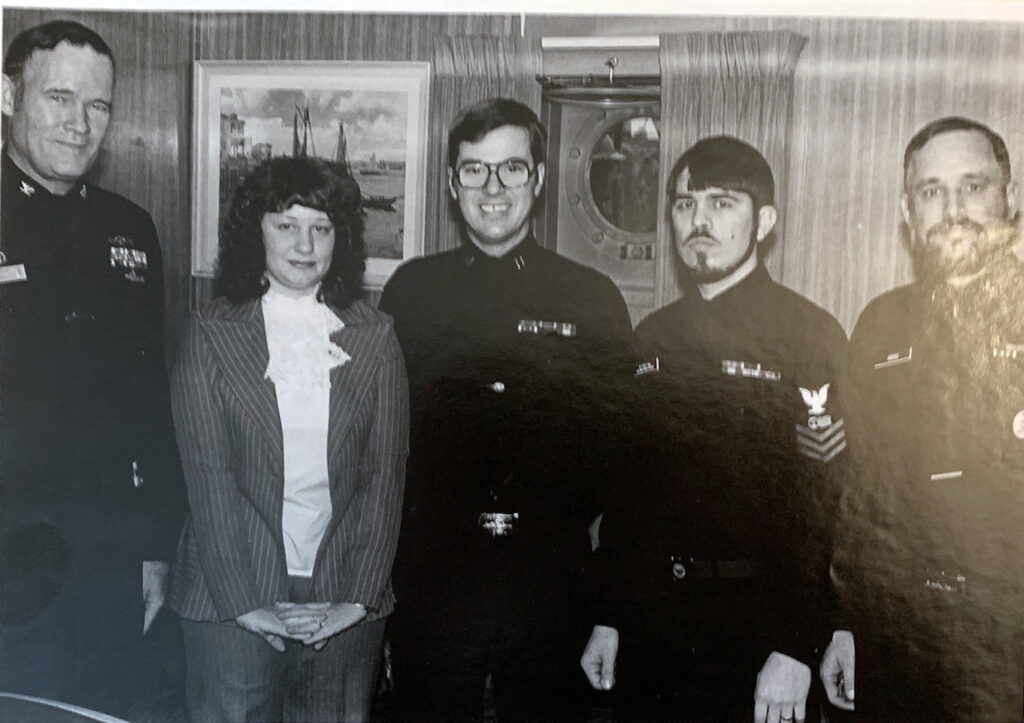
Thinking back on all those years, I’d have to list the following individuals who had the most positive impact on me:
My helicopter squadron, CO, C.D. Moran–was a classy guy and showed me how to be a good officer.
My department head on the USS Forrestal, B.J. Bobo, showed me how good writing can be the best tool an administrative officer can have.
My executive and commanding officers on the USS Holland were Gene Lindsey (XO) and Larry Wigley (CO). These guys were the best leaders and inspirers I have ever known.
The CO Personnel Support Activity, San Francisco, Captain John Kneisel. He backed me up 100 percent when I had to do some unpopular consolidations at the Naval Station Lemoore.
Can you recount a particular incident from your service which may or may not have been funny at the time but still makes you laugh?
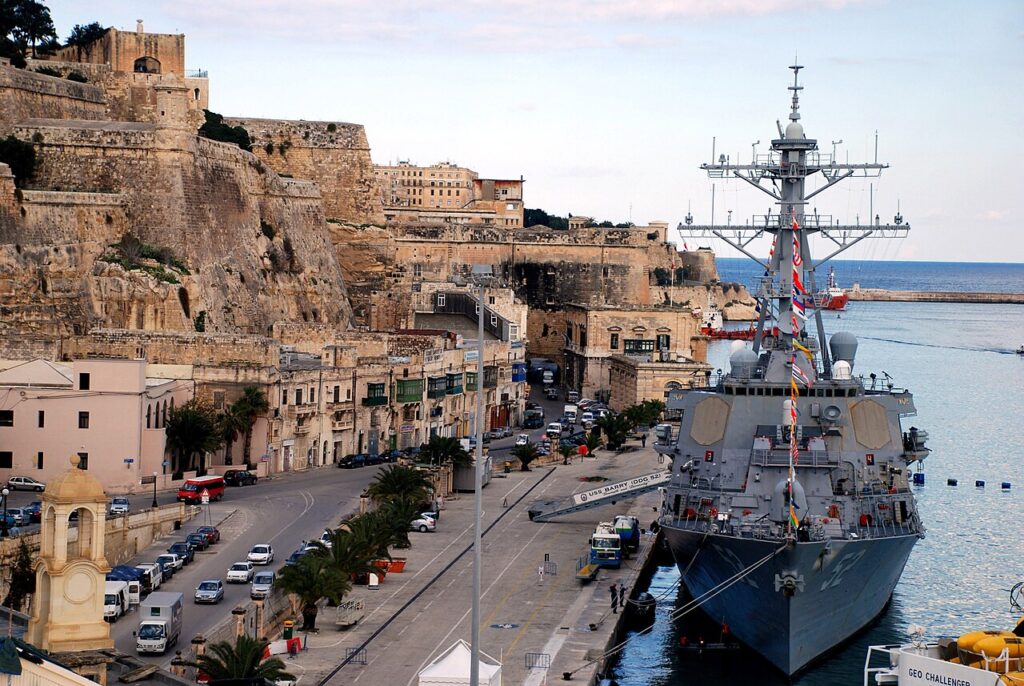
Two incidents, 12 years apart, during my nearly 25 years of service have stuck in my memory:
1. The serendipitous Malta encounter
In 1971, I was a Navy warrant officer in the Engineering Department of the aircraft carrier USS Forrestal. We were on a Mediterranean cruise at the time, and I was excited about our upcoming port call to the island of Malta. My wife, Jean, was staying with her parents in London during the cruise and planned to join me.
What should have been a simple plan turned out to be complicated by a lack of communication. It could have been tragically hilarious when we would have unknowingly crossed paths where she would have been stranded in Malta while I headed for London.
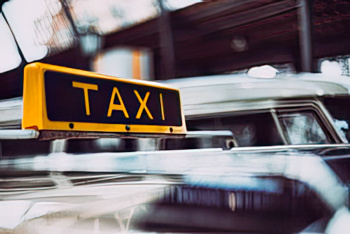
Today, we take instant communications for granted. Text messaging and cellphone calls carry mixed blessings and have put everyone into a bubble of isolation and distraction. In 1971, however, people actually wrote letters to each other. If you wanted faster communications, you had to use the telephone or telegrams. And, oh brother, what I could have done with a MacBook back then!
As it turned out, the technology? Or the people running it–let us down. On the day my ship dropped anchor near Malta, the British communication workers were on strike, telephone communications were down, and I had no way of contacting Jean.
I headed for the hotel and waited in the hotel for a full day. When Jean didn’t arrive at the expected hour, I came to the conclusion that, for whatever reason, she wasn’t coming. So, I checked out of the hotel and took a cab to Malta International Airport. I had five days’ leave authorized and wasn’t about to waste it cooling my heels alone.
I headed for the British Airways check-in counter and was standing in line waiting to buy a ticket to London. I remember thinking about how the unexpected ticket expense would punch a hole in my vacation budget when I felt a tap on my shoulder.
I turned around and witnessed the miraculous apparition of my beautiful English Rose and wife of six years, Jean!
After we overcame our surprise, joy, and relief, we headed back to the hotel. Our time in Malta together was like a honeymoon as we took in the sights, sounds, and cultural flavors of that charming and historical island.
As it turned out, the confluence of serendipity and happy coincidences was absolutely stupefying. It seems Jean had arrived about an hour before me after her original flight was delayed. She was exhausted after an all-day ordeal trying to get to Malta, and she decided to sit and get her bearings before she contacted me at the hotel.
As she was coming out of the luggage area, she was accosted by an aggressive taxi driver who wanted a quick fare to town. Jean rebuffed the offer and found a seat in the terminal when she spotted me in the ticket line.
So, what could have happened was obvious, and the fact that it didn’t save our reunion after we had been separated for months.
All these years later, I marvel at how we take our technology for granted. When I reflect on how fortunate the younger me and my pretty wife were without all that tech, it occurs to me that back then, there was an Almighty Web Master looking out for me.
He still does as His miracles unfold to keep us all in touch, even in the times of COVID-19.
2. My five seconds of fame on the big screen
The movie about America’s early space program, The Right Stuff, won four Oscars way back in 1983. It starred Sam Shepard, Scott Glenn, and Ed Harris, with a minor supporting part by Fred Ward as Gus Grissom and (for five seconds) yours truly as I strutted with a wide grin past the cameras for a full-frontal face shot.
I was the Administrative Officer on the USS CORAL SEA (CV-43) at the time. Our ship was sailing off the California coast, and the moviemakers chose the CORAL SEA flight deck for the scene where Grissom landed by helicopter after being picked up from his capsule that had parachuted to Earth.
I was in my office below decks at the time when our public affairs supervisor grabbed me. “Come on! We need a couple of officers for extras.”
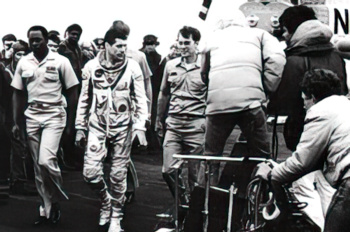
So I went to the flight deck, and my acting debut consisted of walking with Fred Ward past the camera. The officer on the Ward’s right is Mike Twyman, our Ship’s Secretary at the time.
I remember that there was more than one take, and there was a chilly wind blowing across the deck. The actor was supposed to have just been pulled from the water, so the assistant had to keep soaking Ward’s face with a spray bottle right before each scene. Ward was cold and miserable. I just grinned and did what I was told.
Actually, the movie was pretty good. My big entrance is on the carrier flight deck after Gus Grissom panics and blows the capsule hatch prematurely. The capsule nearly sank, and Grissom almost drowned. His precipitous actions caused him to be somewhat ostracized by the NASA community, and his wife wails, “But I wanted to meet Jackie Kennedy!” They had to settle for a presentation by Werner Von Braun in a toned-down ceremony.
Six months later, I went to see the movie on the big screen. Lo and behold, there I was, big as life, grinning like a Cheshire Cat as I walked towards and mugged for the camera in full-color cinemascope.
I went on to serve out the rest of my career and retired a few years later. People still stop me on the street and ask, “Hey! Wasn’t that you in the carrier deck scene in The Right Stuff?”
That’s actually an exaggeration. What they do ask me is I am related to the Smothers Brothers. (No, I am not.)
What profession did you follow after your military service, and what are you doing now? If you are currently serving, what is your present occupational specialty?
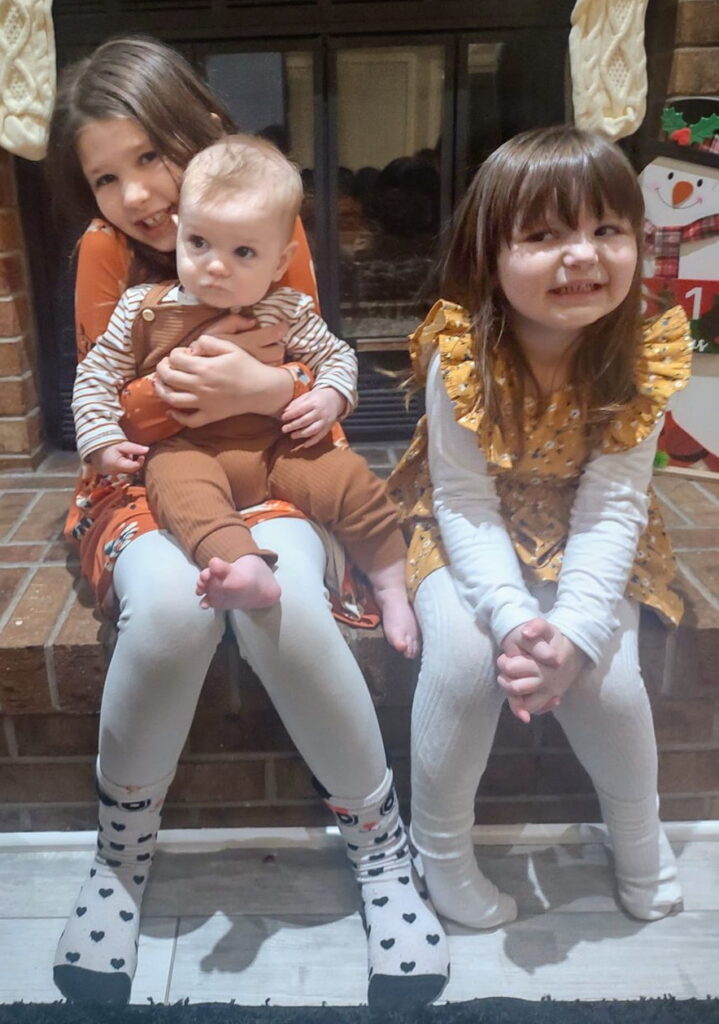
When I left the Navy, I took a crack at court reporting, which didn’t work out. I worked for a time for the City of Visalia, CA, as an economic development analyst, after which I landed a full-time job at the College of Sequoias as a vocational education specialist and adjunct computer instructor in the business department.
I left that employment back in 2003 and moved to Colorado, where I permanently retired. I did some part-time gigs in the Arapahoe Community College tutoring center. Since the early 2000s, I have been a freelance writer for a number of clients–both private and “content mills.” Mostly, I do freelance writing to stay busy, and its income supports my software and electronic gadget addiction.
I am now a great-grandfather of three great kids and am living quietly with my wife of 57 years in wonderful Colorado. As I approach my 80s, I’m glad to say that I am in generally good health. My advice to younger people: don’t smoke, lay off the alcohol, and get some exercise. Your aging body will thank you for it later!
How has serving in the military influenced how you have approached your life and career? What do you miss most about your time in the service?

The Navy has been a profound influence on my life and subsequent career. As an organization, it is a true meritocracy. I joined as a Seaman Recruit, and the Navy gave me a path to becoming a commissioned officer. It taught me devotion to duty and sacrifice for the good of the mission, which is illustrated in this quote from John Paul Jones:
“It is by no means enough that an officer of the Navy should be a capable mariner. He must be that, of course, but also a great deal more. He should be as well a gentleman of liberal education, refined manners, punctilious courtesy, and the nicest sense of personal honor.
“He should be the soul of tact, patience, justice, firmness, kindness, and charity. No meritorious act of a subordinate should escape his attention or be left to pass without its reward, even if the reward is only a word of approval.
“Conversely, he should not be blind to a single fault in any subordinate, though at the same time, he should be quick and unfailing to distinguish error from malice, thoughtlessness from incompetency, and well-meant shortcomings from the heedless or stupid blunder. In a word, every commander should constantly keep before him the great truth that to be well obeyed, he must be perfectly esteemed.”
What I miss most is the world travel, having made four extended deployments in the Med, Northern Europe, and the around-the-world cruise on the Coral Sea.
Based on your own experiences, what advice would you give to those who have recently joined the Navy?
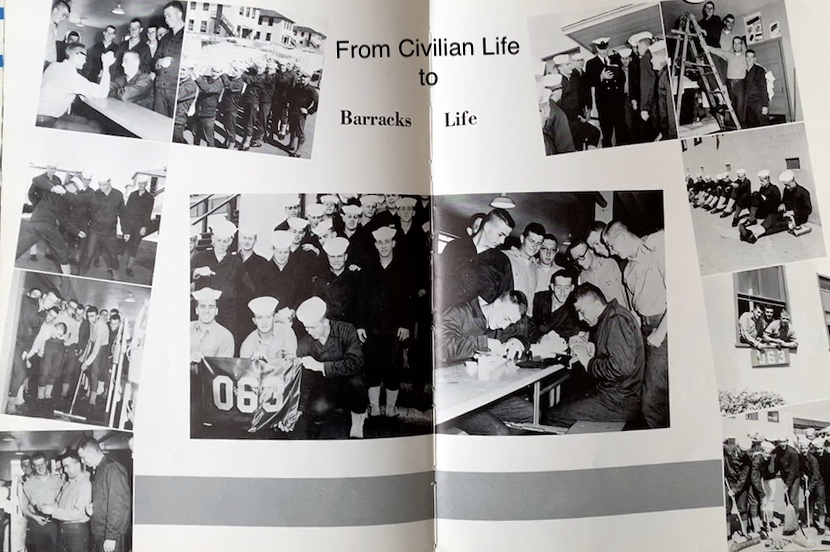
You are going through a culture shock! You might even regret getting yourself into this mess of communal life and discipline. Hang in there. You have no choice in the matter, but the training, study, and drills are all worth it and could one day save your life at sea.
Remember that you are joining a band of brothers and sisters who either are in the same boat or have been where you are now. You have unlimited opportunities for growth and improvement and are a sailor in the world’s greatest Navy.
In what ways has togetherweserved.com helped you remember your military service and the friends you served with.
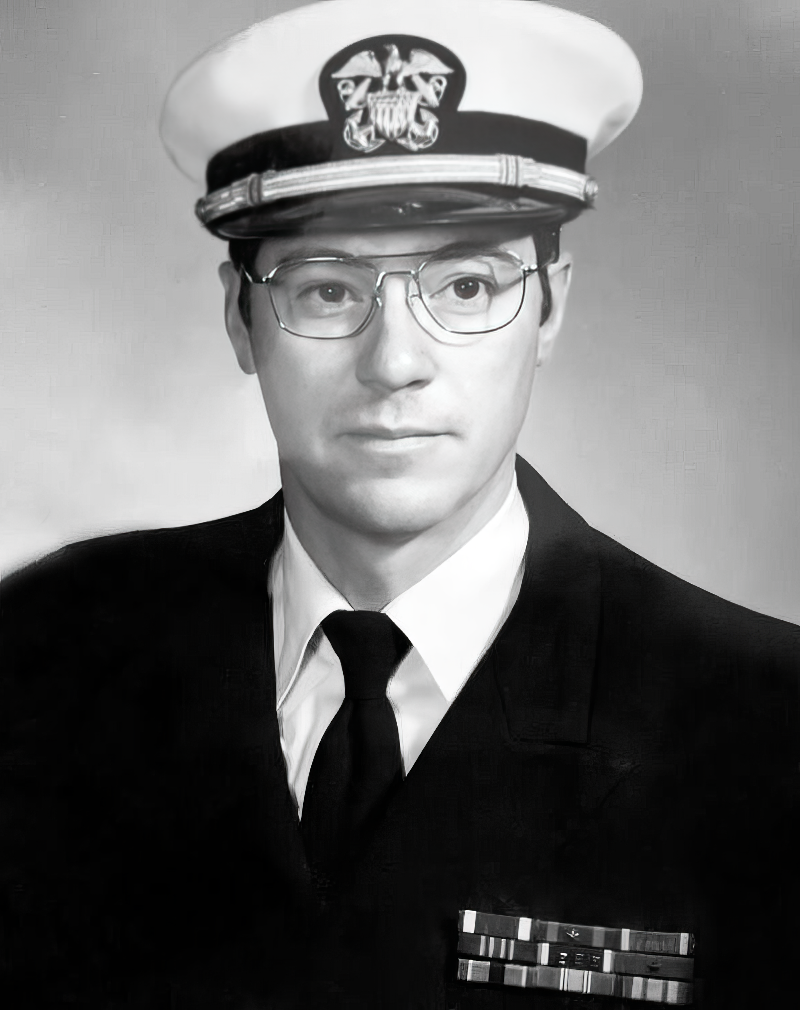
This great website has helped me gather everything about my Navy service into one location. It’s like an electronic cruise book that I can return to repeatedly and reach out to former shipmates.
PRESERVE YOUR OWN SERVICE MEMORIES!
Boot Camp, Units, Combat Operations
Join Togetherweserved.com to Create a Legacy of Your Service
U.S. Marine Corps, U.S. Navy, U.S. Air Force, U.S. Army, U.S. Coast Guard

nice article. brought back good memories from 62-66 service
Well written, you have the talent!
Thank you for writing. Excellent and even touching commentary and memories from your Navy service. It was a pleasure to read.